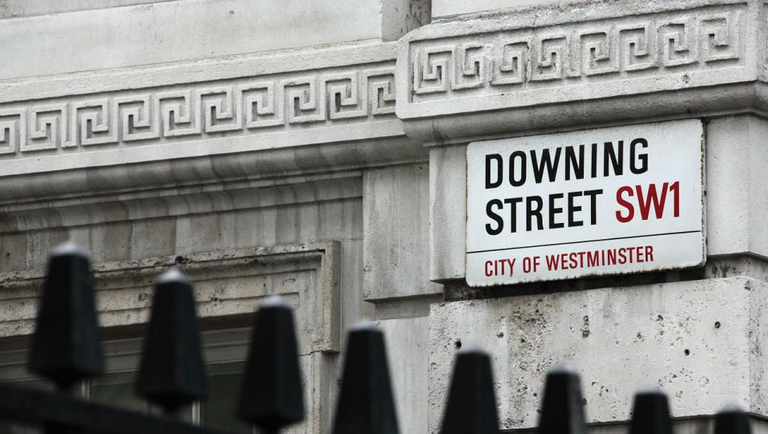
So, under the radar, in a spontaneous sort of way, a new label has started to appear in discussion of UK politics. The label is 'centrist'. You may say this is not a new term and of course it isn't. What is new is the way it is used, or its referent if you prefer. It now means a certain type of political position and style of argument and the people associated with it. If you look at the people it's an interesting mix. It means firstly the kind of people who were on the Blairite side of the Labour Party and even some of those would have been more part of Brown's side; secondly, it means the kind of Conservative who is free market but seriously out of line with the current direction of the party - a lot of the people who got purged when BoJo took over for example; thirdly it means the kind of people who would have been defined as (or self-defined in some cases) neoliberals such as Orange Book LDs and people like Sam Bowman and Stian Westlake.
Also interesting is the kind of people who most definitely do not count as 'centrist' when this label is used. It doesn't include the people associated with 'Blue Labour' nor the ones of a 'Red Tory' persuasion such as Philip Blond or Jesse Norman, much less either the ascendant tendency in the Conservative Party or either the radical part of the Labour Party or its current leadership group and their supporters. The fact that this label 'centrist' is used as though it refers to a broadly coherent group or position is what is most interesting about it.
Basically, it is the label that is presently being attached to an emergent cosmopolitan liberal tendency in UK politics, which is beginning to be defined and to define itself in a self-conscious way. At the moment that definition is largely negative, which is why the word 'centrist' is being used. The negative definition is against several other identifiable positions: the radical socialist left; the green left; the old authoritarian left; the traditionalist right, the old Thatcherite right, and the national collectivism lite right that is emerging steadily since 2015 and is now dominant in the Tory Party.
Is there any positive content? Actually very much so. This is a position that is broadly free market; but also fairly egalitarian and redistributionist; rationalist and strongly in favour of innovation; strongly cosmopolitan and sceptical of nationalism; culturally open; strongly anti-revolution and opposed to ideas about radical systemic change; but at the same time in favour of reform; very much oriented towards a 'problem-solving' approach to public policy questions, using a range of intellectual tools. It's the political position of an identifiable social interest which is also fairly geographically concentrated, although that may change.
For that reason I don't think the label of centrist will stick, I think something else will come up and be used as a label. You might think 'liberal' would be an obvious one or even 'whig' but many of the people who figure in this emerging identity don't identify with that tradition. There's a great opportunity here for political and intellectual entrepreneurs to define this because the ideas and the kind of general posture they reflect and come from are expressive of the world-view and interests of a large and increasingly coherent interest in British society so it is going to find reflection in politics in some way.